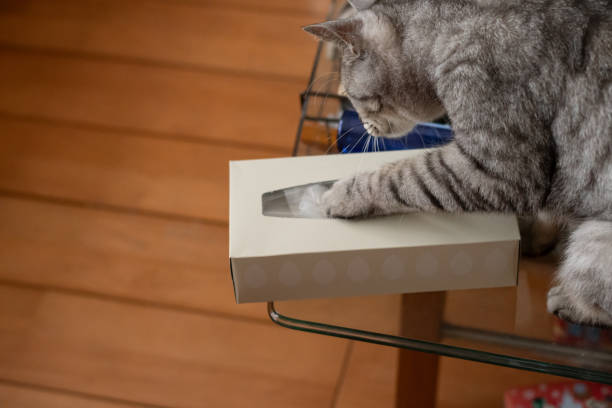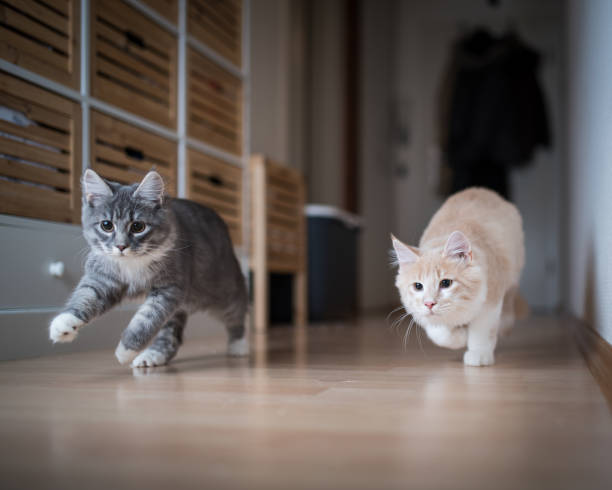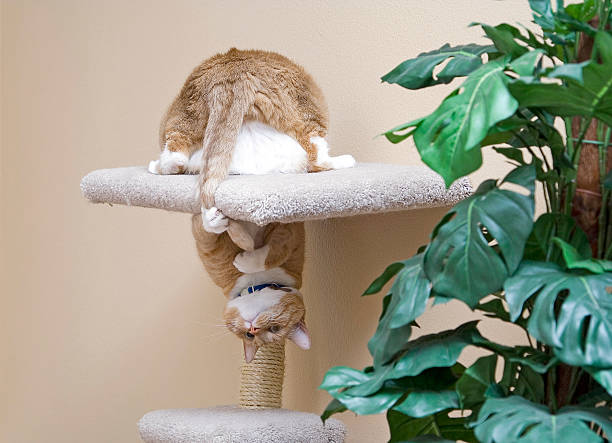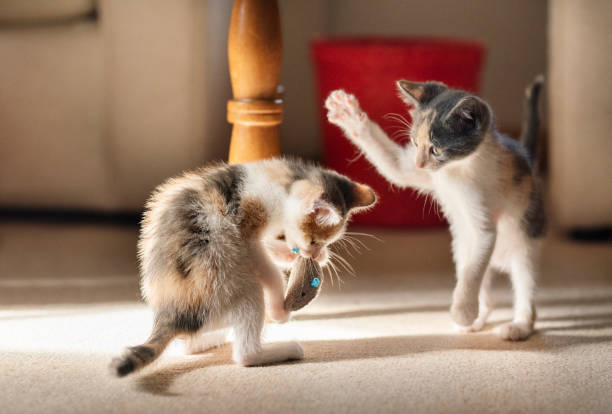Your beloved cat is an extension of your family, and many cat parents take great pleasure in always keeping their cats safe in their homes. Here are ways to cat-proof your home and ensure their safety.

Image Credit: Unsplash
Tips for making your home cat-safe
Whether you are an old or new cat parent you need to ensure that your home is safe. These curious pets may look independent but can be extremely curious and become destructive while exploring their curiosity. If you think something at your house might present a danger to your cat, take caution with these few tips:

Image Credit: Unsplash
1. Be sure to secure tall furniture
Have you ever heard the phrase ‘curiosity killed the cat’? This could happen if your tall standing furniture isn’t secured in place. Cats are climbers and will climb any tall space to be up in the heavens to relax.
Top-heavy furniture can topple over if your cat displaces the weight distribution of that particular item. Be sure to secure it in the best way possible, either on the wall or the floor.
2. Put away breakable valuables
Your cat will jump and climb around the house as you love to explore. In their exploring things might break, valuable items. Cats love to knock things down just for entertainment’s sake. If you have vases, breakable statues, or porcelain displayed, consider placing them in a cabinet out of reach.
3. Protect your electrical cords
Cats love to scratch and will scratch on anything that sparks their curiosity. Some cats can be cord chewers, which can wreak havoc on your charging cables and cause furry pets quite a shock. Investing in some cord protectors that cover your wires and protect your cats is good.
4. Be sure your houseplants aren’t toxic
Most people love houseplants, and if you are bringing in a cat at home, be sure your plants are not toxic to your furry friend. Although plants and some flowers brighten your home and can help purify the air, not all of them are best to have when owning a cat.
Due to their inquisitive nature, cats may sometimes attempt to chew on your plants, so it’s important to know which plants are toxic to your cat.
5. Cat-proof your bathroom
Newly adopted kittens may be curious about their new environment. Kittens are still small enough to fall in and drown. Keep the toilet seat closed until your kitten gets bigger. If you keep medication in the bathroom, put it away in the bathroom cabinet away from your cats.

Image Credit: Unsplash
You should be patient with your cats, especially young kittens, as they are still learning the rules of your house and might not know any better. Things will get destroyed if not put in place.
ALSO SEE:
Feature Image: Unsplash


